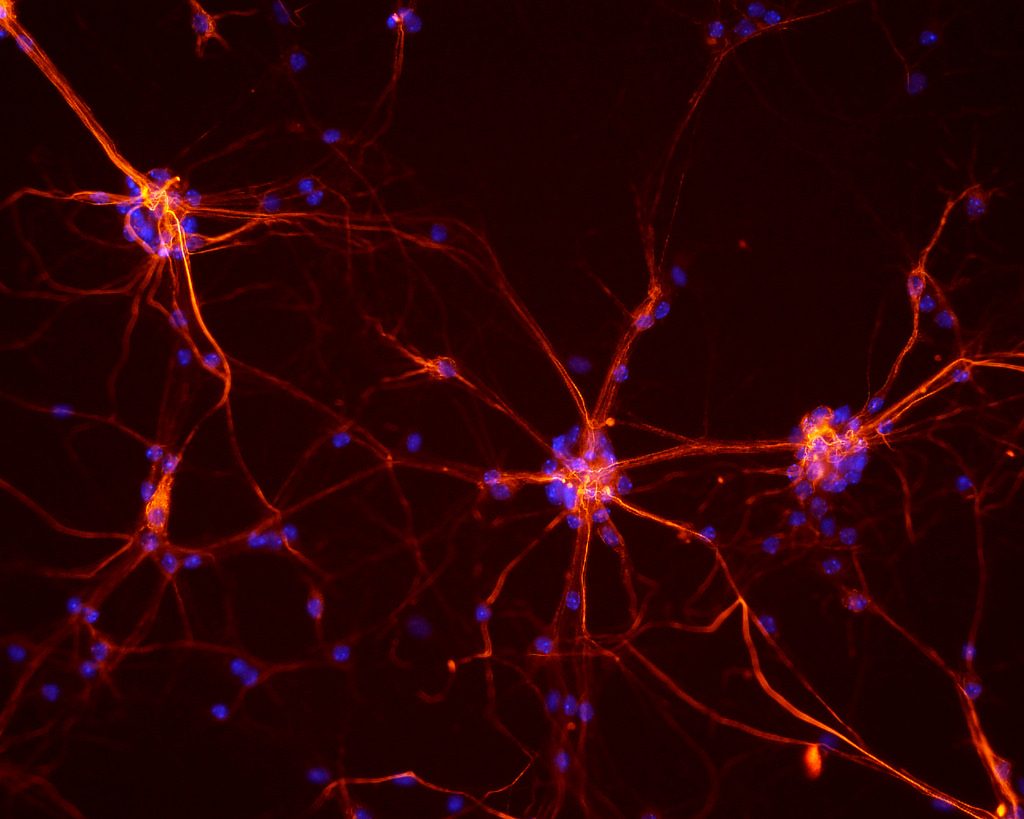
For the longest time, scientists believed that the adult human brain was incapable of neurogenesis – the growth of new neurons. But this idea was discredited in 1998, when researchers first demonstrated the presence of newly generated neurons in the hippocampus region of the adult brain.
The discovery of this so-called “adult neurogenesis” opened up an entirely new area for addressing brain health. In this article we’re going to explore this process in detail, and discuss lifestyle strategies and brain-regenerating nootropics that can boost neurogenesis.
What is Neurogenesis?
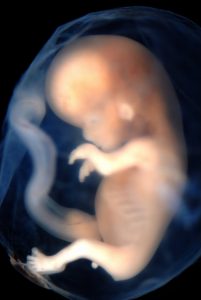
Coupled with the fact that the body has a difficult time repairing damage done to the nervous system, this initially led neuroscientists to conclude that neurogenesis was restricted to the early developmental stages of a person’s life.1
The discovery of neurogenesis persisting in certain parts of the mature human brain was not made until the end of the 20th century.
The Discovery of Adult Neurogenesis
The supposed inability of the adult mammal brain – and indeed the whole of the nervous system – to undergo neurogenesis had been a central tenet of neuroscience for more than a century.2
This notion was first questioned 1962, when biologist Joseph Altman discovered that brand new neurons are in fact produced in the brains of rats.3
Despite this, Altman’s work was largely ignored by the neuroscience community, and even when his conclusions were finally accepted in the 1990s, scientists still questioned whether such “adult neurogenesis” could also occur in humans. After all, although rats closely resemble humans in their genetic, biological, and behavioral characteristics, it was impossible to be absolutely sure.
It wasn’t until 1998 that scientists figured out a method of testing for adult neurogenesis in humans. In a groundbreaking study, researchers examined brain tissue from deceased cancer patients who were given bromodeoxyuridine –a compound that incorporates itself into the DNA of cells when they divide – which allowed them to see if new neurons were created.
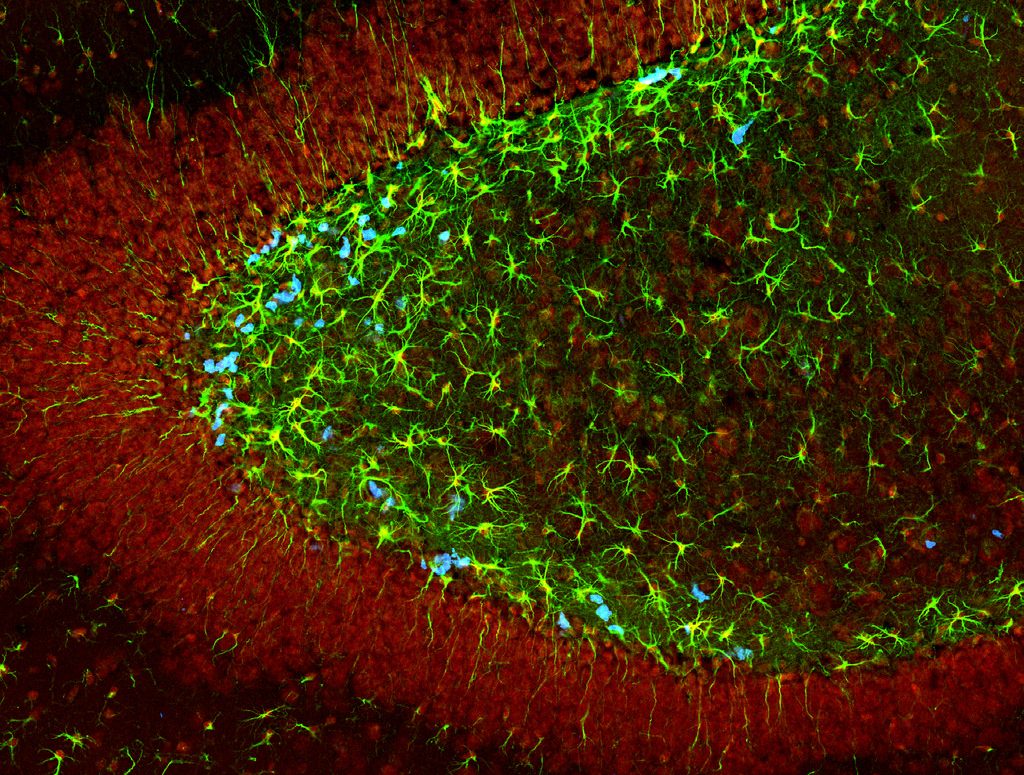
They found that new neurons were indeed generated in the dentate gyrus region of the brain’s hippocampus, providing the first concrete proof of adult human neurogenesis.4
Where does Adult Neurogenesis Take Place?
Rather than occurring all throughout the brain, adult neurogenesis is restricted to two areas: the subgranular zone (SGZ) in the dentate gyrus of the hippocampus, and the subventricular zone (SVZ) of the lateral ventricles.
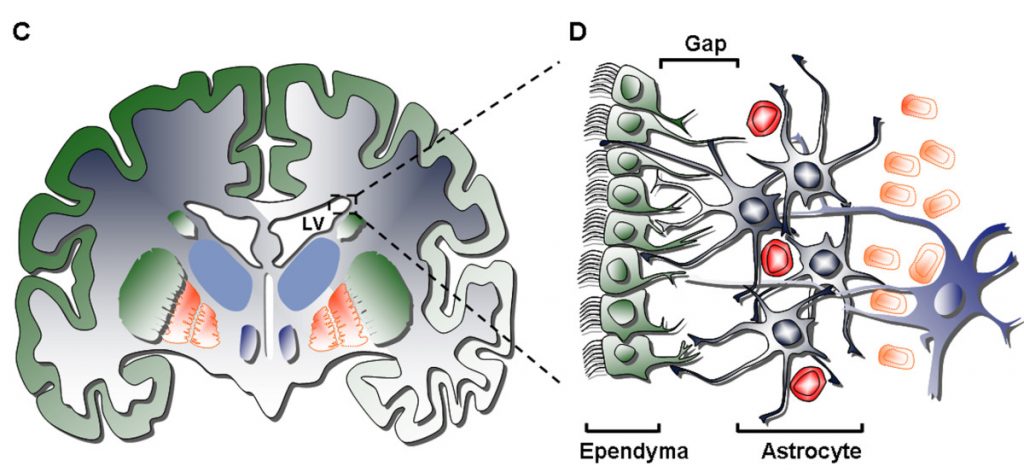
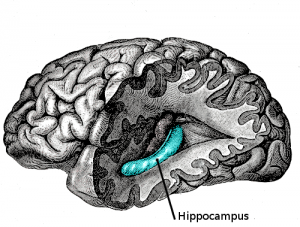
In addition, it appears that neurogenesis also takes place in the striatum – the brain region associated with motor control and cognitive functions. However, researchers believe this area does not produce its own neuroblasts – the precursors to neurons – and instead takes them from the adjacent SVZ.5
How We Can Grow New Brain Cells
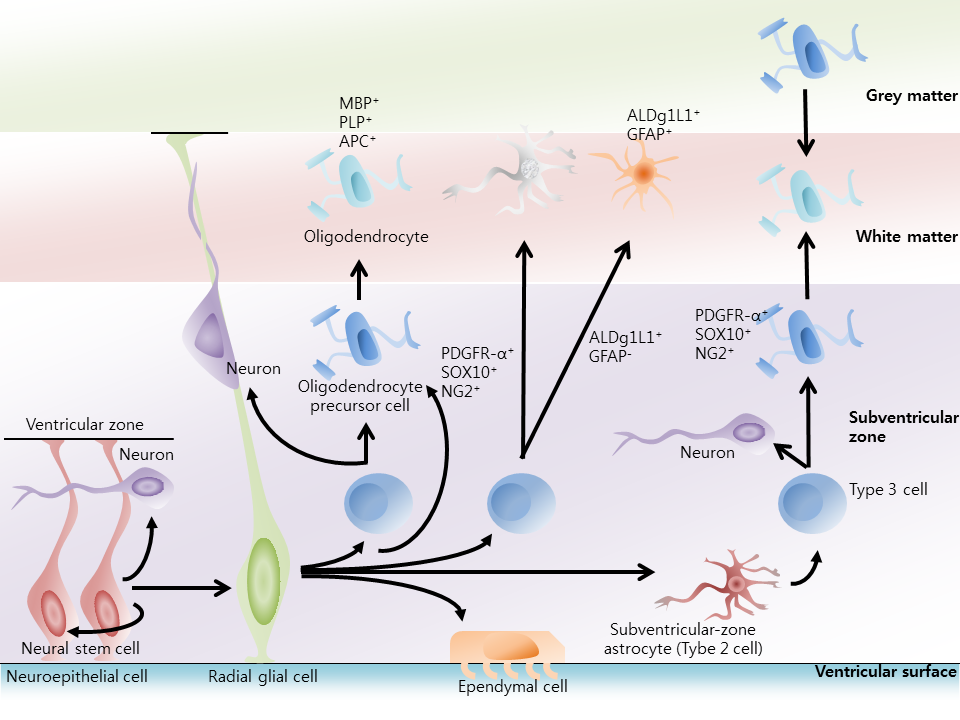
Both developmental and adult neurogenesis begin with neural stem cells (NSCs) – precursor cells that have the ability to renew themselves and produce the two major cell types present in the central nervous system: neurons and glia.6
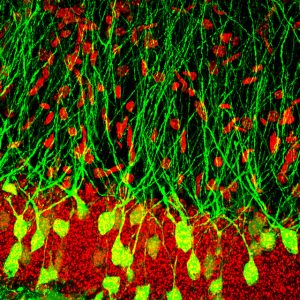
Neuroblasts produced in the hippocampus tend to turn into dentate granule cell neurons, whereas those made in the lateral ventricles turn into different types of interneurons – nerve cells that link together other neurons. Once the neurons are in place, they are integrated into the brain’s existing neural circuitry and begin to function.7
The entire process of going from stem cell to the final, functioning neuron is estimated to take about 7 weeks.8
Role of Adult Neurogenesis
The exact role of adult neurogenesis remains unclear. Current theories for the function of hippocampal neurogenesis propose that it plays a part in memory and learning.
Striatal neurogenesis, on the other hand, may be involved in the execution of certain motor tasks, modulation of the brain’s reward system, or cognitive flexibility – the ability to switch between thinking about different concepts.9
Neurogenesis Benefits
While we may not yet understand its role, research suggests that adult neurogenesis is important for brain health, and that its dysfunction is linked with a variety of mental disorders. In particular, it appears that neurodegenerative conditions such as Alzheimer’s, Parkinson’s, and Huntington’s are capable of disrupting neurogenesis.10
Moreover, adult neurogenesis also appears to be implicated in schizophrenia, addiction, and stroke. Finally, research suggests that adult hippocampal neurogenesis (AHN) may even be able to regulate mood, and its impairment could play a role in the development of depression.11
Lifestyle Tips for Brain Cell Creation
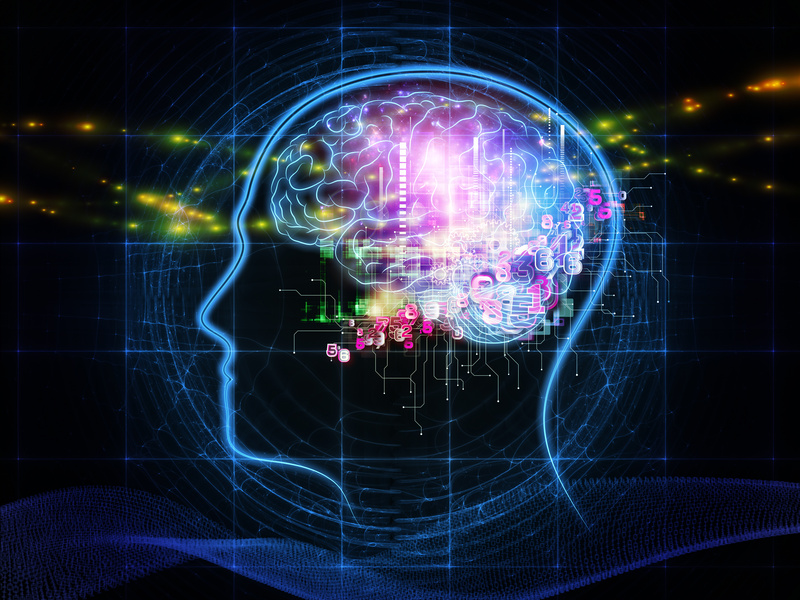
A growing number of studies indicate that it is possible to enhance adult neurogenesis via lifestyle factors such as exercise, sleep, and diet. Not surprisingly, all of these aspects are already known for playing a central role in maintaining good health. These factors are especially important for individuals of middle age and older, since neurogenesis is known to slow down as we age.
Exercise
Thus far, aerobic exercise such as jogging has been the most studied and trusted lifestyle factor for boosting neurogenesis.12On the other hand, anaerobic exercise – such as sprinting or resistance training – does not appear to incur this benefit.13
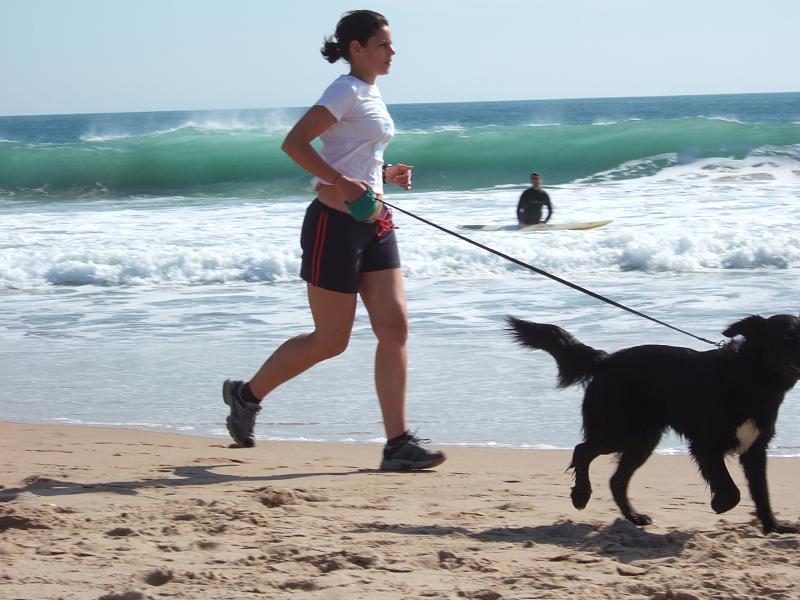
This connection was first demonstrated in 1999, when researchers found that voluntary running doubled the amount of surviving newborn neurons in the hippocampus of mice. The study also reported that these mice had enhanced hippocampal cellular proliferation and neuronal differentiation – the process through which precursor cells specialize into neurons.14
Similar results have also been reported in human trials. For example, a 2007 study found that endurance cycling caused a significant increase in brain-derived neurotrophic factor (BDNF) – one of a family of biomolecules that protect existing neurons, and encourage the production and differentiation of new ones. In addition, the rise in BDNF was accompanied by improved scores on tests of cognitive function.15
Sleep
Chronic sleep deprivation has been found to decrease neurogenesis in rodents, and could be one of the reasons why not getting enough sleep contributes to depression and other mental issues.16
Stress
Stress hormones appear to inhibit the production of new neurons in the adult brain, which suggests that reducing stress could be another way to enhance adult neurogenesis. To date, evidence of this has been found in several mammals, including mice, rats, tree shrews, and marmosets.17
Sex
The health benefits of sex are well known, but we can also add improved neurogenesis to the list. This was demonstrated in 2010 study, where rats exposed to both acute and regular sex had more new neurons created in the hippocampus.18
Diet
Certain nutrients are also capable of influencing neurogenesis. For example, flavonoids – plant compounds found in high concentrations in blueberries, black tea, and cocoa – appear to increase neurogenesis in stressed rats, and improve depression.
Another promising nutrient is curcumin, found in the spice turmeric, which has been shown to enhance neurogenesis in both mice and rats, and was in turn linked to improved performance on cognitive tasks.1920
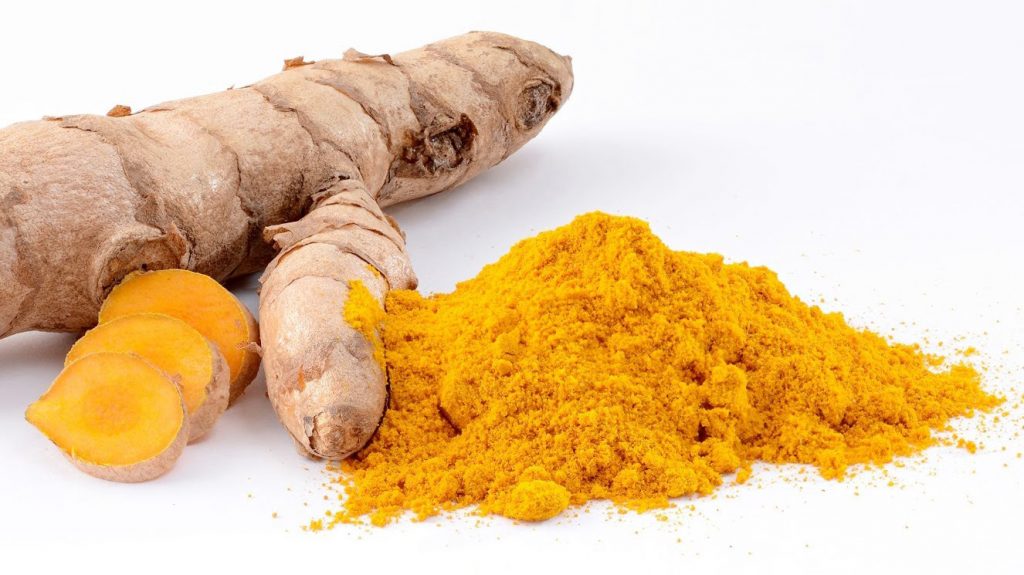
Drinking green tea may also be beneficial, as its main active ingredient – epigallocatechin-3-gallate (EGCG), also a popular fat-burner – appears to boost neurogenesis in adult mice.21
Enriched Environment
Finally, a frequently-cited 1999 study found that a mixture of positive lifestyle changes – which the researchers called an “enriched environment” – caused rats to grow substantially more new hippocampal neurons than those living in a standard lab setting, have 15 percent more dentate granule cell neurons, and also perform better in a water maze test.
The enriched environment consisted of a larger, more comfortable cage that was equipped with accessories such as a running wheel and paper tubes, and the mice in this group were also given treats in addition to normal food, such as cheese, apples, popcorn, and crackers.22
Neurogenesis Research
Adult hippocampal neurogenesis may play a role in learning
This animal study sought to understand the function of neurons produced in the hippocampus of the adult brain. Knowing that the hippocampus is associated with learning, the researchers assigned adult rats to a variety of learning tasks, such as the classic rat maze. They found that neurogenesis doubled in rats exposed to learning tasks that required the hippocampus, but remained the same for those that did not.
- The researchers concluded that “Our results suggest that learning about space (spatial navigation learning) and time (trace classical conditioning) under relatively specific conditions has a trophic effect on adult-generated hippocampal neurons. The direct relationship between hippocampus-dependent learning and the survival of adult-generated hippocampal neurons suggests a function for these new neurons in certain types of learning”23
Boosting hippocampal neurogenesis may be a novel way to treat depression and anxiety
The goal of this study was to see if boosting adult hippocampal neurogenesis (AHN) could alleviate depression and anxiety. In order to increase AHN, the researchers deleted the BAX gene in the neural stem cells of mice, whose function is to promote cell death.
They then treated normal and BAX-deficient mice with either placebo or the hormone corticosterone to induce depressive and anxious behavior. The study found that the BAX mice given the hormone had the same test results as healthy mice given placebo, suggesting that increased neurogenesis provides protection against depression and anxiety.
- The researchers concluded that “The use of future techniques to specifically inhibit BAX in the hippocampus could be used to augment adult neurogenesis, and may therefore represent a novel strategy to promote antidepressant-like behavioral effects”24
Hippocampal function and volume appear to be reduced in patients with major depression
The hippocampus was examined in 20 untreated patients with their first episode of depression, 17 depressed patients with multiple episodes of depression, and 37 healthy individuals. The researchers found that both groups of depressed patients had hippocampal dysfunction, and that there was a relationship between reduced hippocampus volume and duration of depression. They proposed that reduced hippocampal neurogenesis may be one of the culprits.
- The researchers concluded that “Hippocampus dysfunction, as reflected in hippocampus-dependent recollection memory impairment, was apparent in patients with first or multiple episodes of depression and thus seems to affect patients before the emergence of significant HC volume reductions. Treatment early in disease progression may reduce or eliminate the volumetric reductions associated with multiple episodes of illness”25
Decreased hippocampal neurogenesis appears to play a part in Alzheimer’s
This study looked for a link between neurogenesis and Alzheimer’s (AD). The researchers examined adult hippocampal neurogenesis (AHN) in mice with AD. They found that AHN was not only decreased, but also associated with abnormally-maturing neurons.
- The researchers concluded that “The altered neurogenesis in the PDAPP mouse may contribute to the age-related cognitive deficits reported in this model of AD and may be a useful adjunct target for assessing the impact of AD therapies”26
Nootropics for Neurogenesis
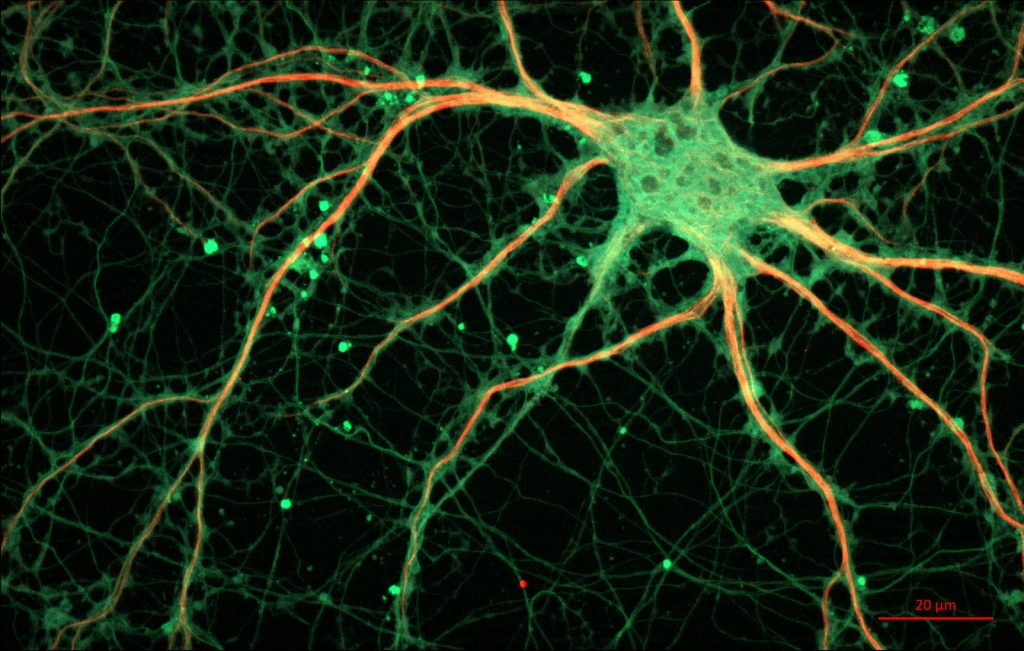
A number of nootropics appear to help support adult neurogenesis, making them a smart addition to brain-healthy lifestyle changes.
DHA
The omega-3 fatty acid Docosahexaenoic acid (DHA) is one of the main structural fats found in the brain. Dietary supplementation with DHA has been shown to promote adult neurogenesis in rats, and could be one of the ways that DHA is effective at treating depression.272829
Melatonin
Neurogenesis decreases as we age and in some neuropsychiatric disorders such as dementia and depression. Recent research suggests that this decline could be partially related to a simultaneous drop in melatonin levels – the compound popularly known as the sleep-regulating hormone – and that supplementing melatonin may thus boost neurogenesis in older individuals.3031
Phosphatidylserine
Phosphatidylserine (PS) is a fatty compound abundant in neuron membranes, and its supplementation has been shown to have cognitive benefits such as improved memory in older adults and amelioration of ADHD in children.323334According to the latest research, one of the ways PS may function is by improving neurogenesis.35 More on Phosphatidylserine
Lion’s Mane
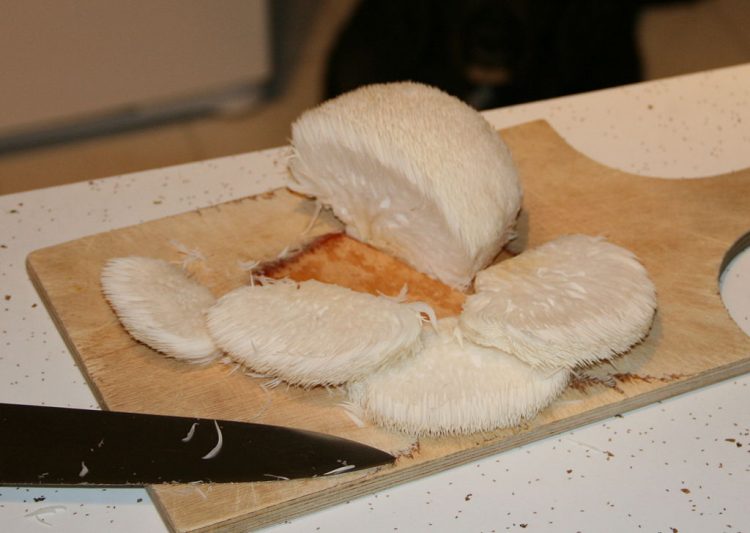
The edible mushroom Hericium erinaceus, popularly known as Lion’s Mane, may boost neurogenesis by increasing the production of neural growth factor (NGF).36NGF is a biomolecule that promotes neuron growth and survival, and has been shown to directly promote neurogenesis in the adult hippocampus of mice.37 More on Lion’s Mane
Antidepressants
While they are not technically nootropics, it’s worth noting that number of studies suggest that synthetic antidepressants may at least partially work by increasing hippocampal neurogenesis, which also provides further evidence that a weakened neurogenesis is implicated in depression.3839
Conclusion
Adult neurogenesis is a rapidly growing field of neuroscience that holds promise of helping with depression, neurodegenerative disorders, and even stroke and addiction. Growth of new brain cells also seems to have the potential to boost overall cognitive performance by raising total brainpower.
While scientists are far from fully understanding how it’s controlled, modified by illness, and what role it plays in the brain, we do know that maintaining neurogenesis is highly beneficial.
Whatever the case, the discovery of this important process is yet another reason to lead a healthy lifestyle and consider the use of the right brain-nourishing nootropics as an intelligent neurogenesis complement.
References
Leave a Reply